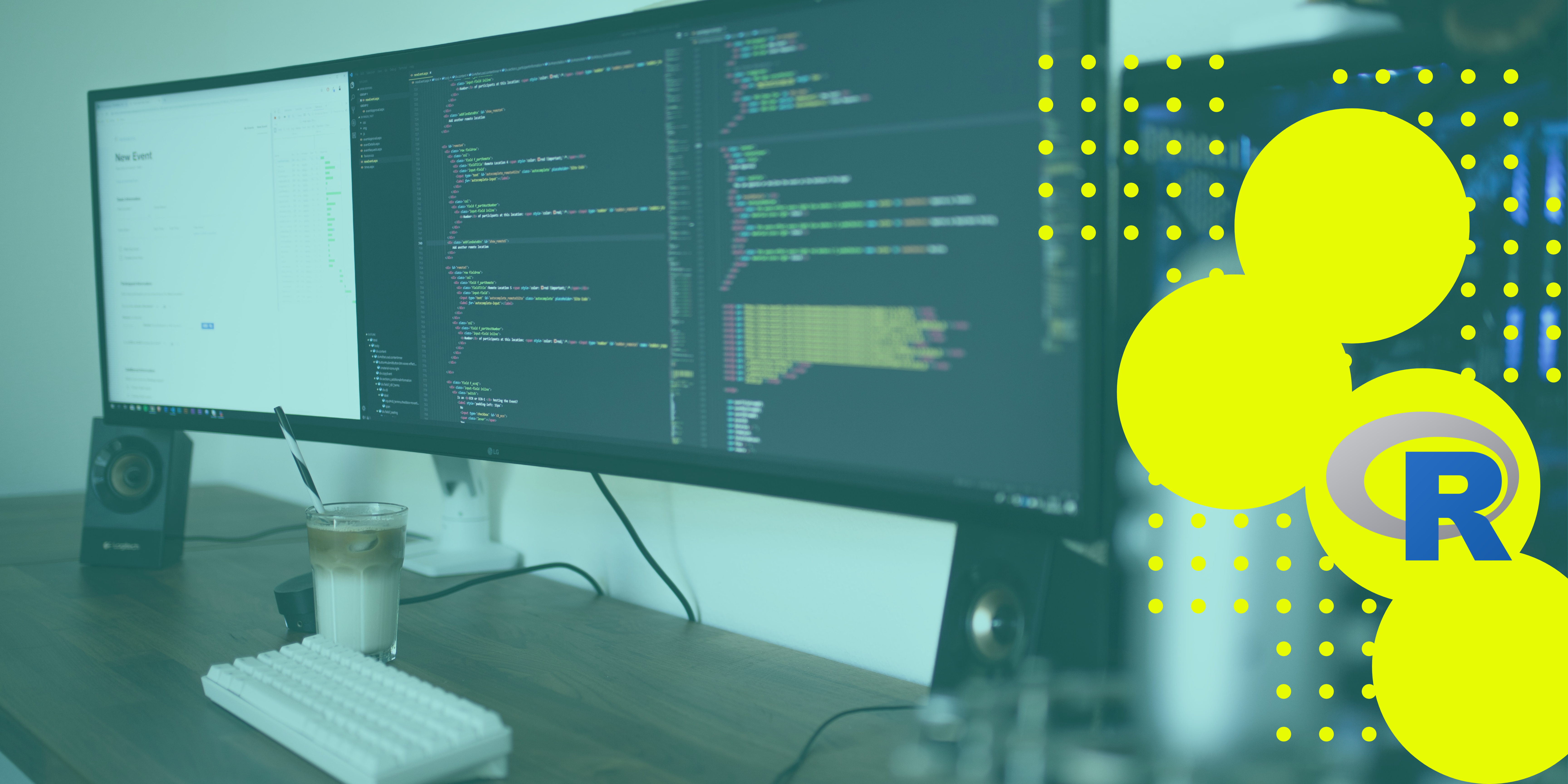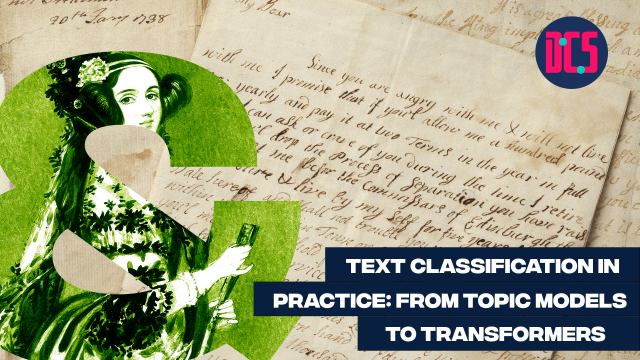How to Generate Good Data Visualisations with R

Online
This course will focus on developing practical skills for visualising data in R, primarily using the ggplot2 package. A basic understanding of R is assumed, at the level covered in the Introduction to R and RStudio course, though participation in the previous course itself is not required in order to attend this workshop.
The first session offers an introduction to the ggplot2 package and a practical demonstration of the package. It focuses on topics such as:
-
Ggplot2 syntax
-
Basic plots with ggplot2
-
Deeper customisation of plots, including labels, colour maps, and re-sizing/re-positioning legends
-
Exporting plots
The second session focusses on some principles for using data visualisation in research. A more freeform practical exercise with example data is then offered, and attendees can attempt to replicate and improve visualisations. This covers processes that include:
-
Different types of plots and when and where each might be best used
-
The pitfalls of misleading data visualisation
-
Introduction to some more advanced visualisation possibilities
The workshop will ultimately help to develop a foundational understanding of Visualisation in R. Crucially, this will foster a familiarity with the principles of data visualisation and the capabilities of the software, allowing attendees to confidently apply these, or indeed seek out new concepts for their current and future research.
This is an intermediate level course. Intermediate sessions explore specific aspects of the method (libraries, tools etc.) Students must have a basic background in R. This includes, at least the basic data types in R, how to install and load packages, and how to use functions, pipes, and apply/map functions. It will be sufficient for students to have taken the Introduction to R and RStudio course.
To attend this course, you will have to join the associated Microsoft Teams group. The link to join the group will be sent to the attendees prior to the course start date, so please make sure to do so in advance.
After taking part in this event, you may decide that you need some further help in applying what you have learnt to your research. If so, you can book a Data Surgery meeting with one of our training fellows.
More details about Data Surgeries.
If you’re new to this training event format, or to CDCS training events in general, read more on what to expect from CDCS training. Here you will also find details of our cancellation and no-show policy, which applies to this event.
If you're interested in other training on Data Wrangling and Data Visualisation, have a look at the following:
- Introduction to QGIS and Geospatial Data (17/11-01/12)
- Silent Disco: Cleaning Data with OpenRefine (23/11)
- Writing Efficient Code in R: Logical Statements and Loops (07/12)
- Intro to Databases with SQLite (13/12)












